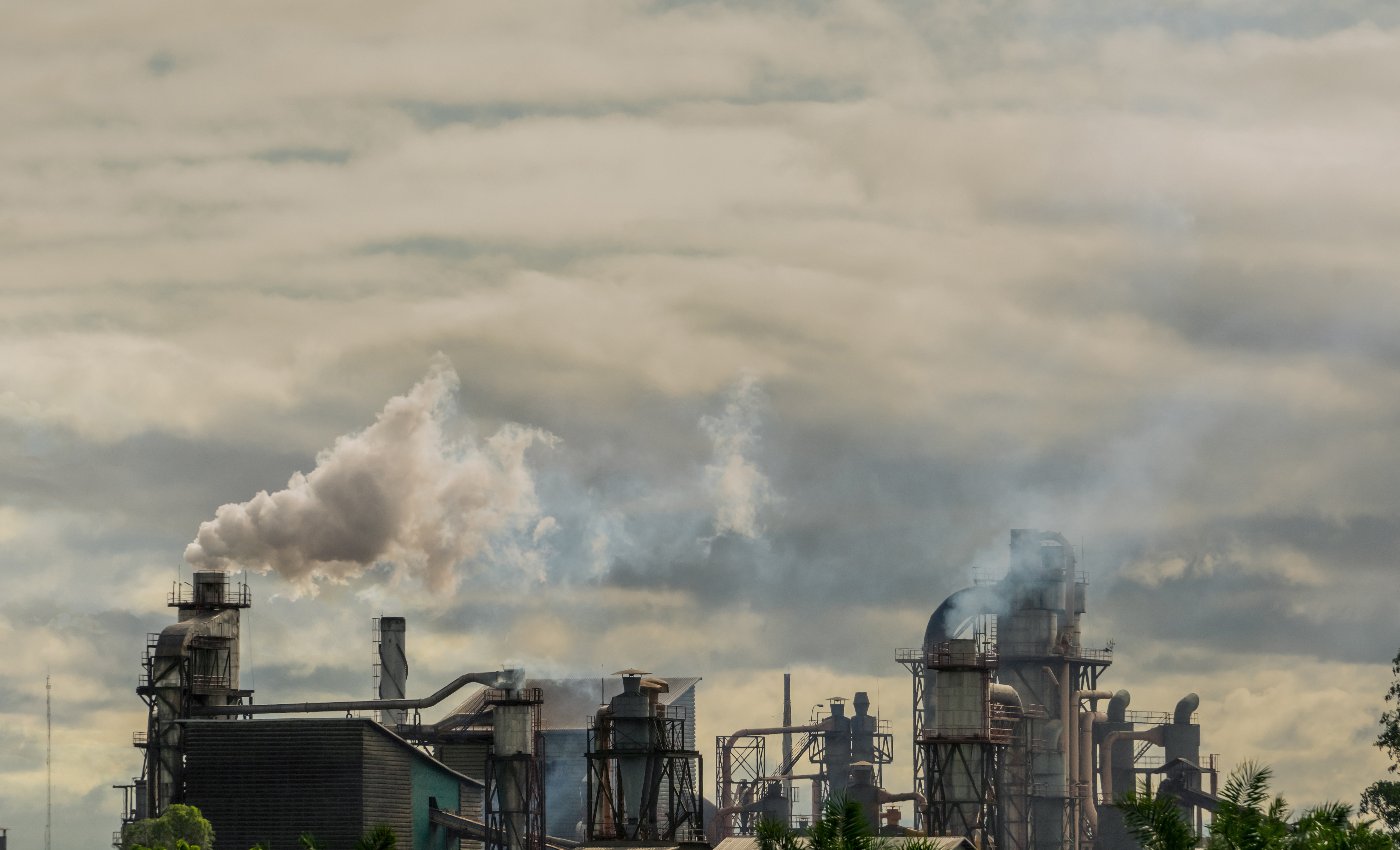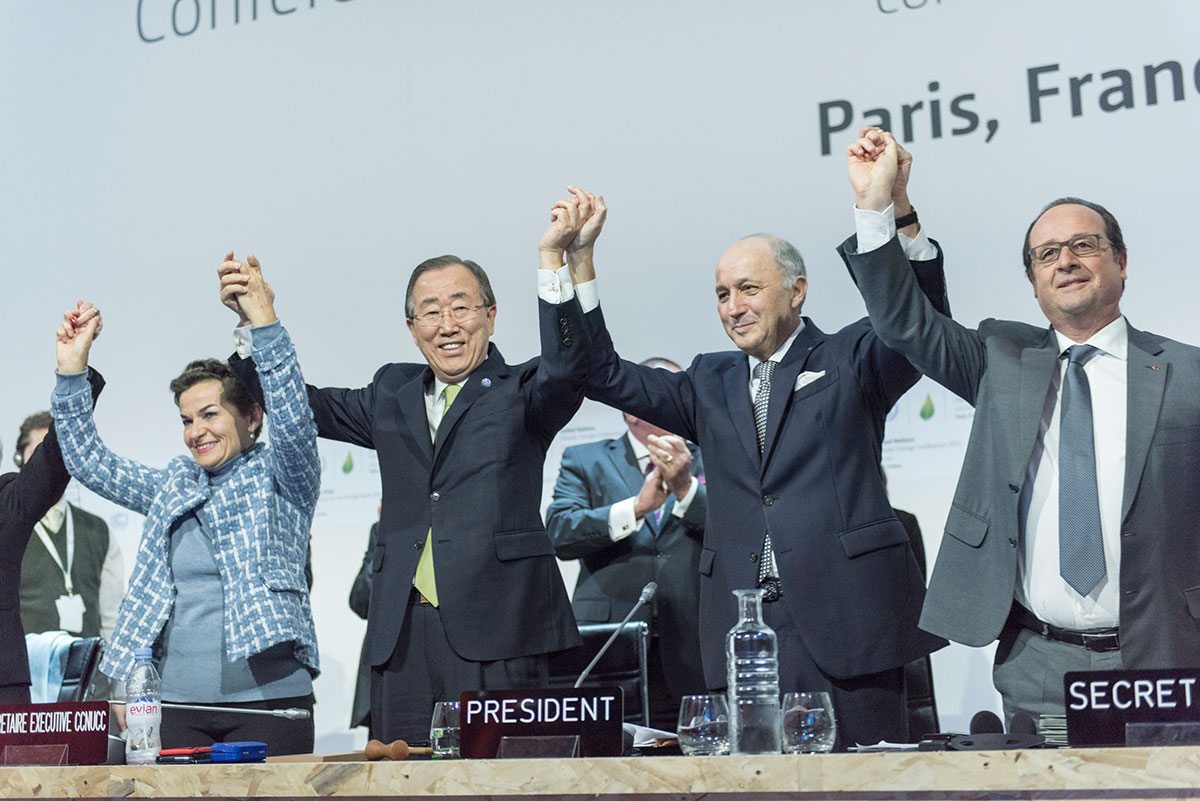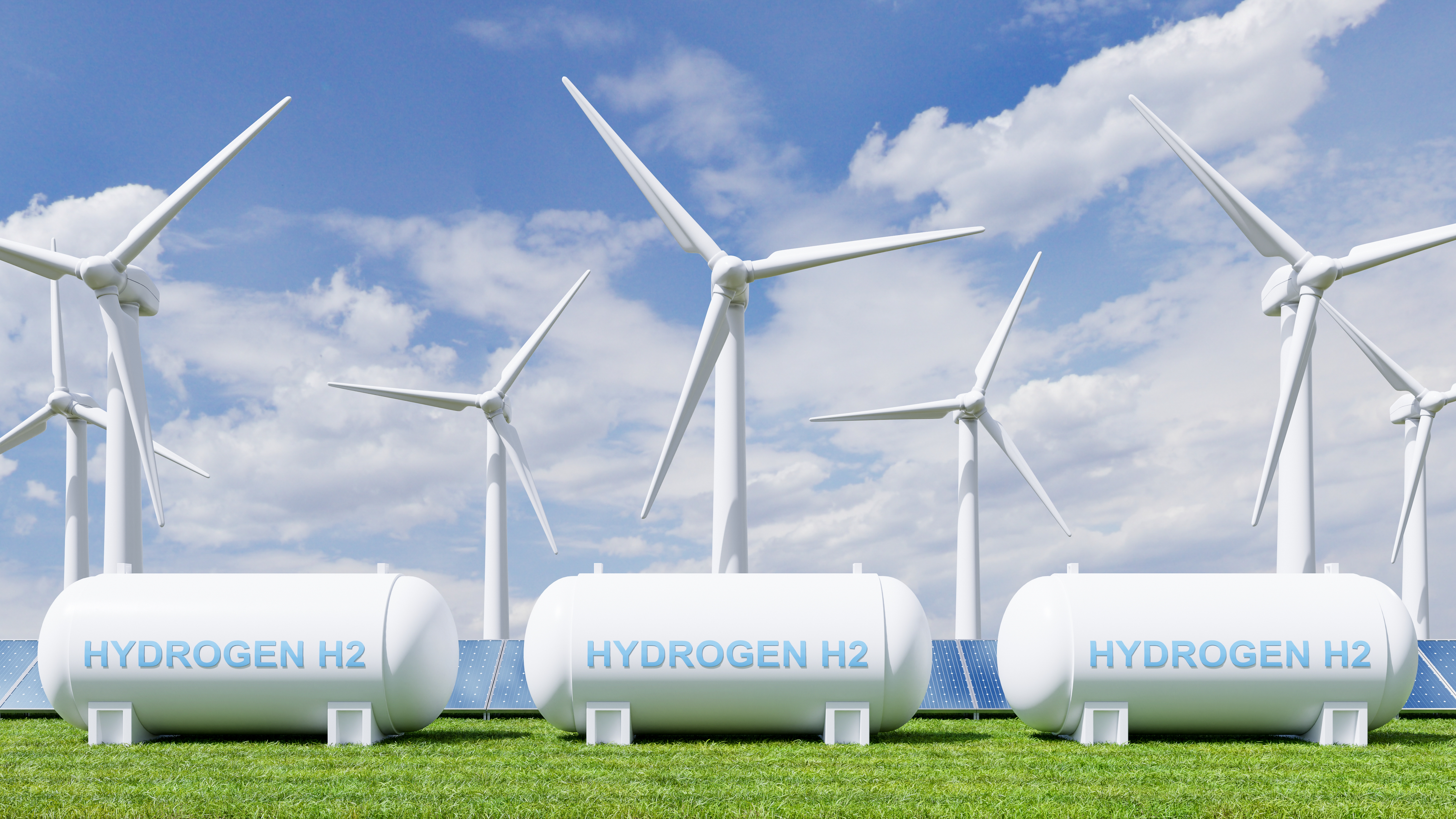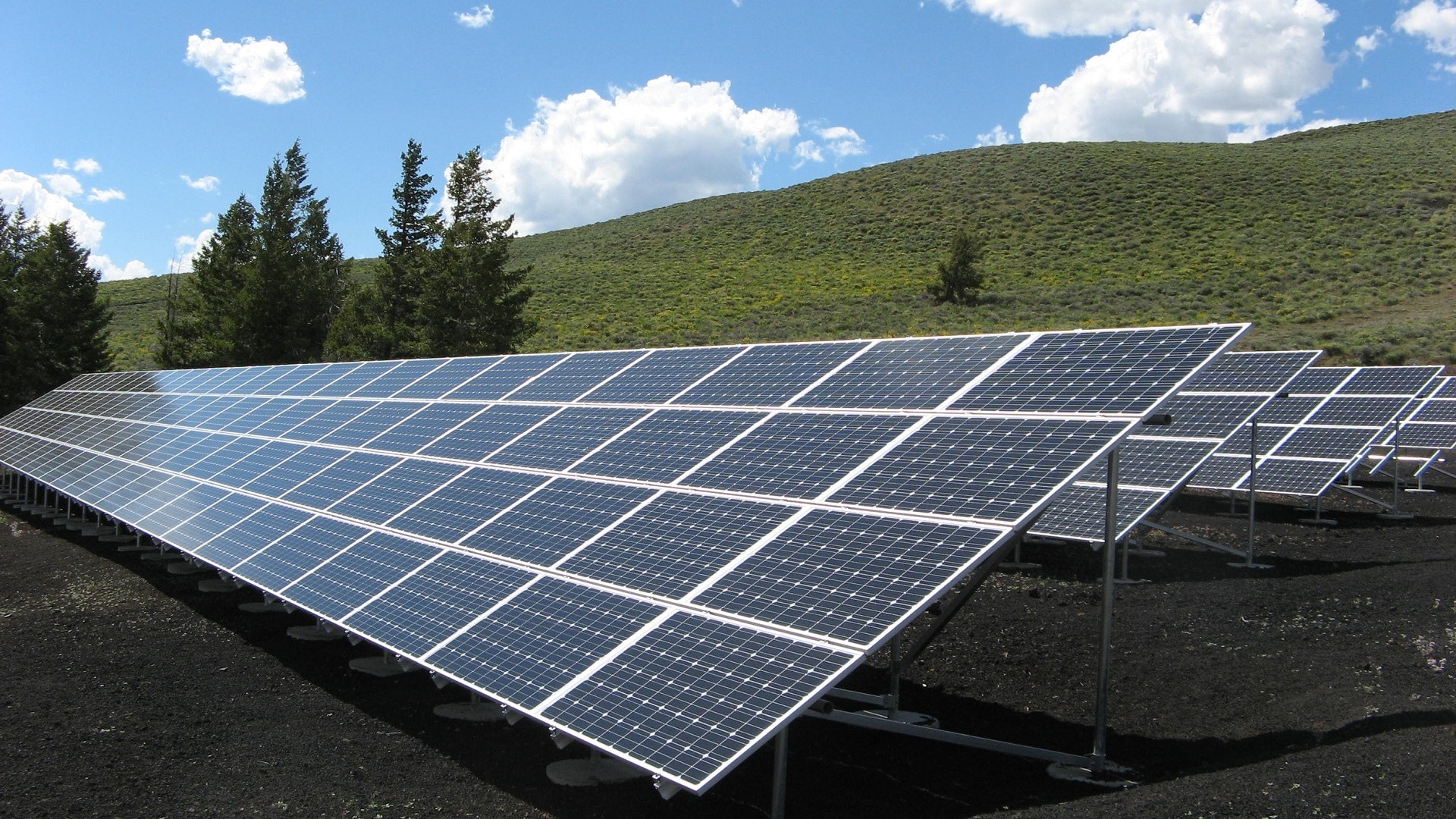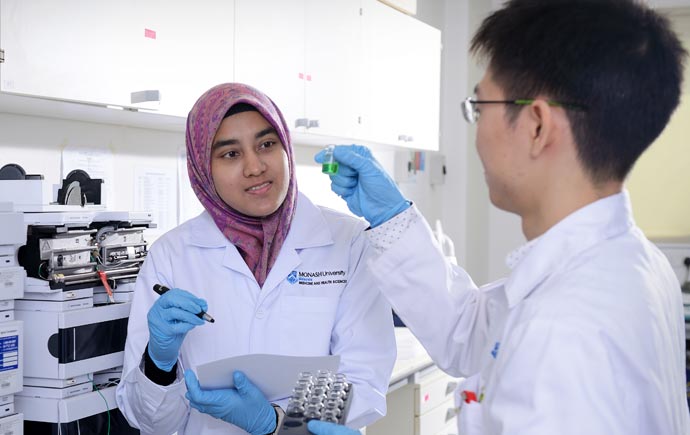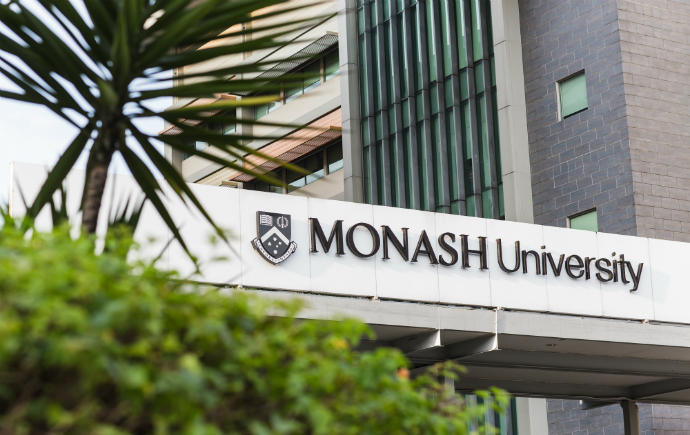Are We Ready To Decarbonise By 2030? Here's What This Malaysian Professor Has To Say
In 2019, global carbon dioxide emissions reached an all-time high of 36.7 billion metric tonnes.
We're probably aware that greenhouse gases are bad for the environment, and that carbon dioxide (CO2) is considered the worst offender of them all
Most living beings such as humans and animals exhale CO2 as a waste product. It is also released into the atmosphere via volcanic eruptions and human activities such as the burning of fossil fuels.
What's worrying is that CO2 levels are at an all-time high globally. In 2019 alone, global CO2 emissions from fossil fuels and industries reached a record high of 36.7 billion metric tonnes. This contributes to the greenhouse effect — where heat is trapped in the Earth's atmosphere by certain gases, primarily CO2.
Thus, it stands to reason that serious measures must be taken in order to reduce carbon emissions caused by human activity. One such process is known as decarbonisation.
Decarbonisation is defined as 'the process of stopping or reducing carbon gases, especially CO2, being released into the atmosphere'
In 2015, the Paris Agreement was conceived by world leaders at the United Nations (UN) Climate Change Conference in Paris. One of the long-term goals of the international treaty is to reduce global warming to below 2°C.
However, getting sectors to decarbonise is easier said than done, seeing as a majority of sectors like industrial, residential, and transport rely heavily on burning fossil fuels to generate energy.
One question that remains is this: Will we have what it takes to 'decarbonise' by 2030?
According to Associate Professor Chong Meng Nan from Monash University Malaysia's School of Engineering, it isn't that simple.
"Most countries are still highly dependent on using carbon-derivative fuels as their primary energy sources, and with various existing fossil fuels-related energy infrastructures in place," he said.
To keep the global temperature within 1.5°C as stipulated under the Paris Agreement, Dr Chong explained that 'decoupling' the relationship between global urbanisation and industrialisation activities from carbon emissions is necessary.
"Ironically, the concept of decoupling is almost impossible to achieve entirely in the immediate-to-mid-term unless we have sustainable and renewable energy systems and infrastructures that are ready to plug in that can cater for the scale purpose as well," said Dr Chong.
Moving away from a carbon-based economy requires new engineering methods, which is where green solar hydrogen comes into the picture
As the lightest and most abundant element in the universe, hydrogen is seen as a great alternative to most fuels, as it does not release CO2 when burned. Hydrogen fuel produces energy and water as its byproduct, which is beneficial for the environment.
However, despite being the most abundant element, there's almost no natural supply of hydrogen on Earth.
"One of the major issues surrounding the production of H2 fuel lies in the energy input required to extract H2 that presents in numerous compounds, such as water (H2O), ammonia (NH3), methane (CH4), hydrogen peroxide (H2O2), and others.
"It would be counterintuitive to produce H2 fuel using fossil fuels, which still contribute to carbon emissions within the product life cycle, and don't substantiate in the economic sense," he added.
Together with a team of research scientists, postdoctoral fellows, and PhD students, Dr Chong is working on developing advanced systems to produce green solar hydrogen (H2) fuels
Established in 2013, the team is making progressive strides by developing a practical and cutting-edge nanotechnological system for scale-up production of green H2 fuel encompassing its entire production life cycle. This includes working on systems that focus on the production, storage, transportation, and use of green H2 fuel.
"By working closely with the industries, we're anticipating a rapid translational and adoption of our technology in establishing Malaysia as a globally-competitive supplier in exporting green H2 fuels as early as 2027.
"In return, this will bring societal impacts and changes as it creates an important paradigm shift towards a carbon-free energy society," said Dr Chong.
Dr Chong and his research team's work on sustainable energy is just one out of many impressive projects from Monash University Malaysia
As a world-leading research and educational institution, the university aims to help change the world with impactful research and solutions for improving global communities.
Other notable research projects include:
- Dr Alice Chuah Lay Hong (School of Pharmacy): Leads the invention of Tocoheal, a novel all-in-one dressing that heals wounds faster than untreated wounds or wounds with a gauze bandage, which will impact 8.1 million people worldwide.
- Dr Anuja Dharmaratne (School of Information Technology): Leads a research team in developing a video annotation tool, which uses micro expressions, facial action units, and speech patterns to achieve behaviour analysis using Artificial Intelligence (AI)-based methods.
- Dr Chiew Yeong Shiong (School of Engineering): Led a research team to devise CARENet, a network monitoring system for intensive care mechanical ventilation treatment of respiratory failure patients. It utilises state-of-the-art model-based and AI methods to analyse patients' data.
- Dr Thoo Yin Yin (School of Science): Led her team to produce biodegradable food packaging with properties identical to existing petroleum-based packages.
- Professor Teh Pei Lee (School of Business): Nurturing the Gerontechnology Laboratory since 2016, striving to make it grow and mature into a national premier hub for Gerontechnology research.
If you are eager to make an impactful change in the world, you can immerse yourself in a research-intensive environment at Monash University Malaysia
As a student at Monash University, you'll be exposed to researches with impact to help change lives. Its reputation as a world-class university is backed up by its recent 44th rank globally in the prestigious Times Higher Education (THE) World University Rankings 2023.
Monash University Malaysia also aims to future-proof its graduates by equipping students with problem-solving and flexible skills, and providing them an immersive and engaging learning experience.
Intrigued? Find out what Monash University has to offer by heading over to their Application Day this 17 December!
Here are all the details:
Date: 17 December 2022
Time: 11am - 4pm
Location: Monash University Malaysia, Sunway City, Selangor
